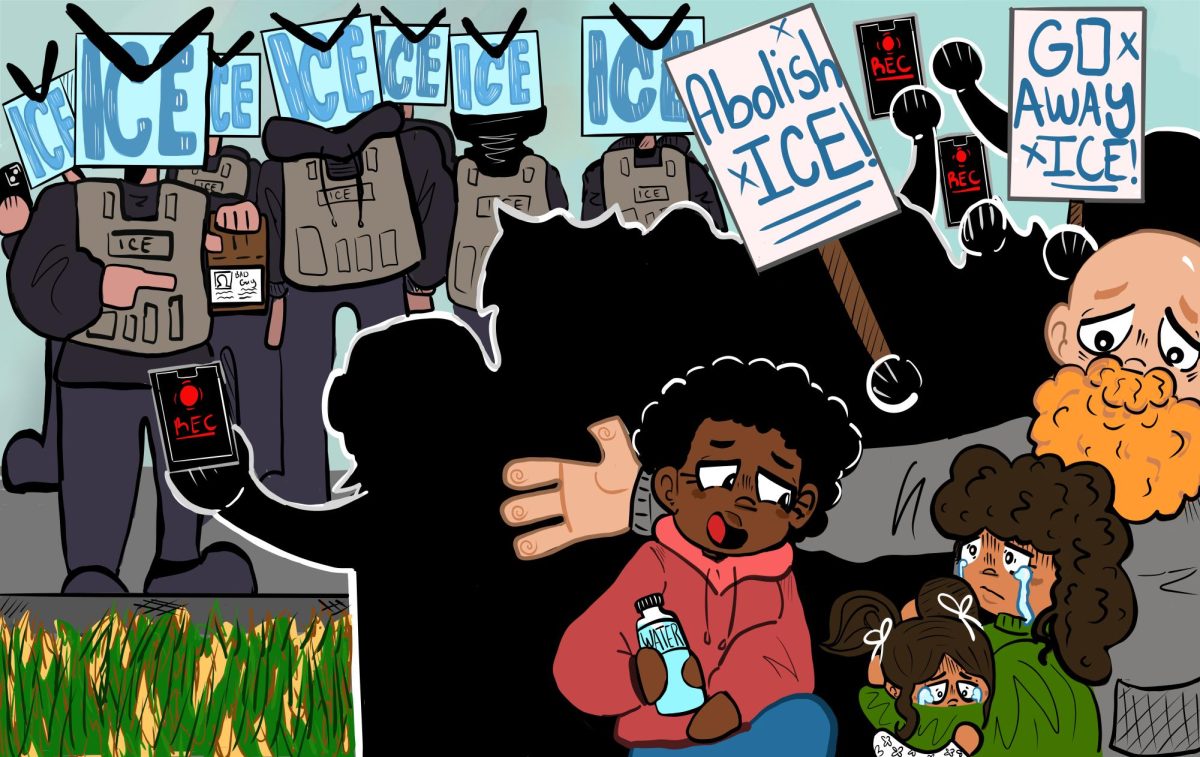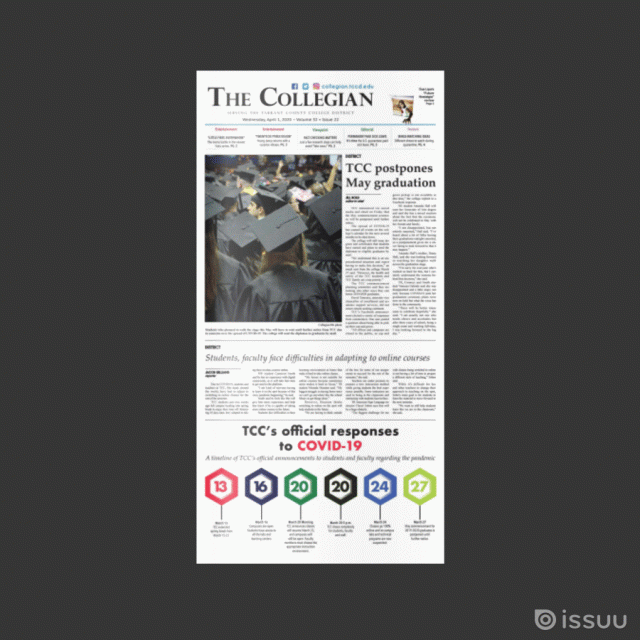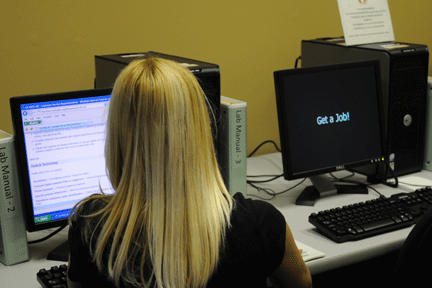| April 1, 2020 | Lissette Salgado | campus editor |
|---|
Fact-checking internet sources is essential to safe and informative browsing. Despite its usefulness, the internet may be used to publish falsified information that convinces people to either act or think a certain way despite a copious amount of data saying otherwise.
Subjects like health and science websites are among the many that can be made up or twisted to convince people to buy products or believe the words of others.
In this time where everyone is remaining home and staying glued to their screens searching for COVID-19 information, internet users need to exercise good judgment and caution.
The internet has existed since the early 1990s, helping people find information without the hassle of digging through numerous books in libraries.
Nearly all available data can be accessed by the public, excluding those that require payment, as long as people have an electronic device that has internet access.
Although many internet users are well-equipped, some don’t fact-check every piece of information on their screen. This leads to quick spread of false information, becoming the more common term, “fake news.”
My mom is one of many people who sometimes believe what is on her Facebook page or Youtube videos. Despite her efforts to convince me that she isn’t easily tricked, she would trust what is on her screen without a second thought. This would then lead to heated arguments with me and my siblings as we correct her about whatever misinformation she stumbled upon.
There is both a good side and a bad side to anything, especially the use of the internet, depending on how people use it. Without concrete rules to ensure that only specific information is distributed to the general public, nearly anything can be shared.
We have to be mindful of any information we absorb on our screen. Verifying what is or isn’t valid information needs to be a priority in a technologically advanced society.
The internet can be compared to a box of chocolates, you never know what you’re going get, and you may or may not like what you end up with.




























